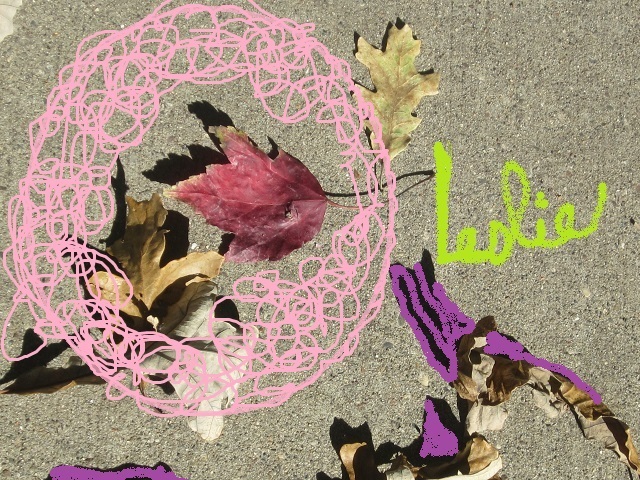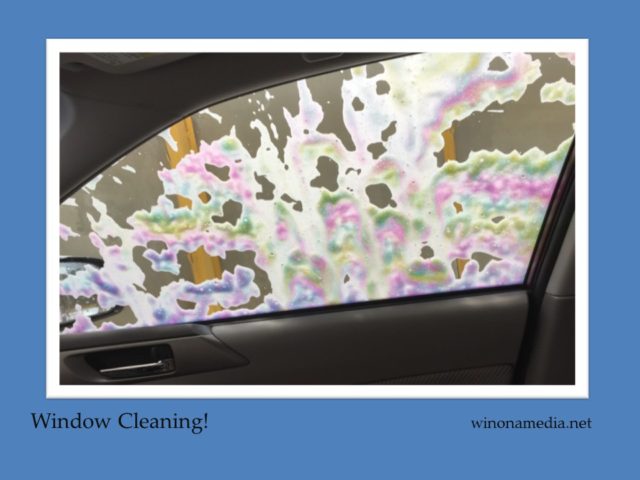
Postcard: July 29, 2019



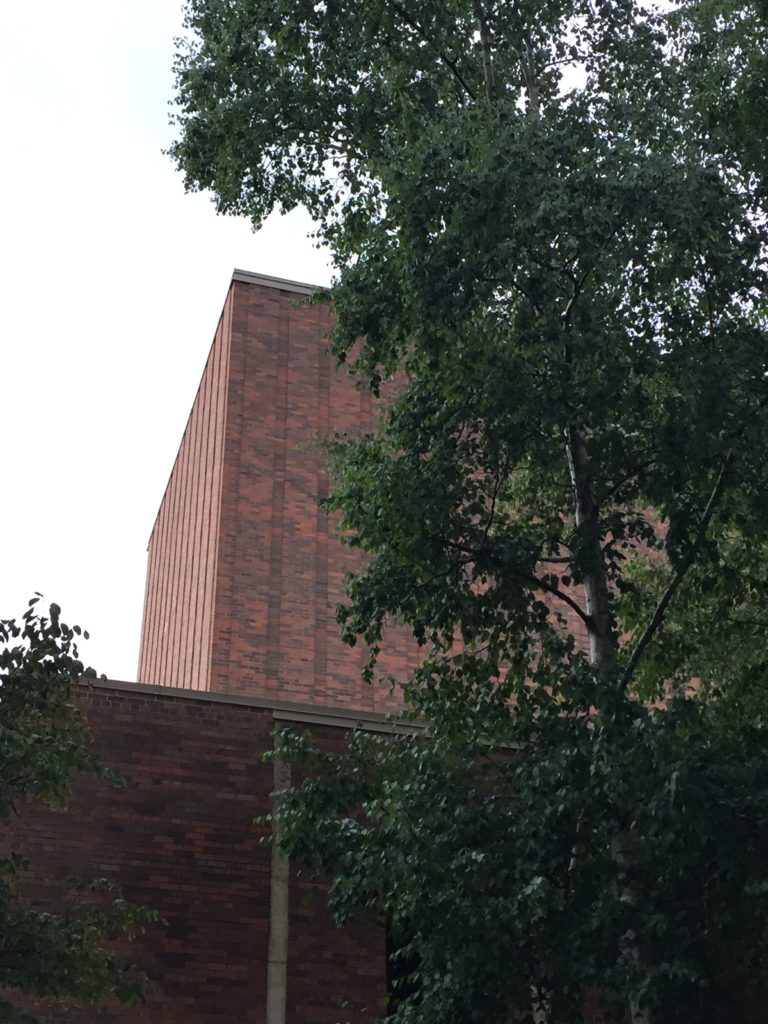
As we do most years, Tim and I traveled this summer to attend the Maria W. Faust Sonnet Contest Celebration, part of the Great River Shakespeare Festival held on the Winona State University campus.
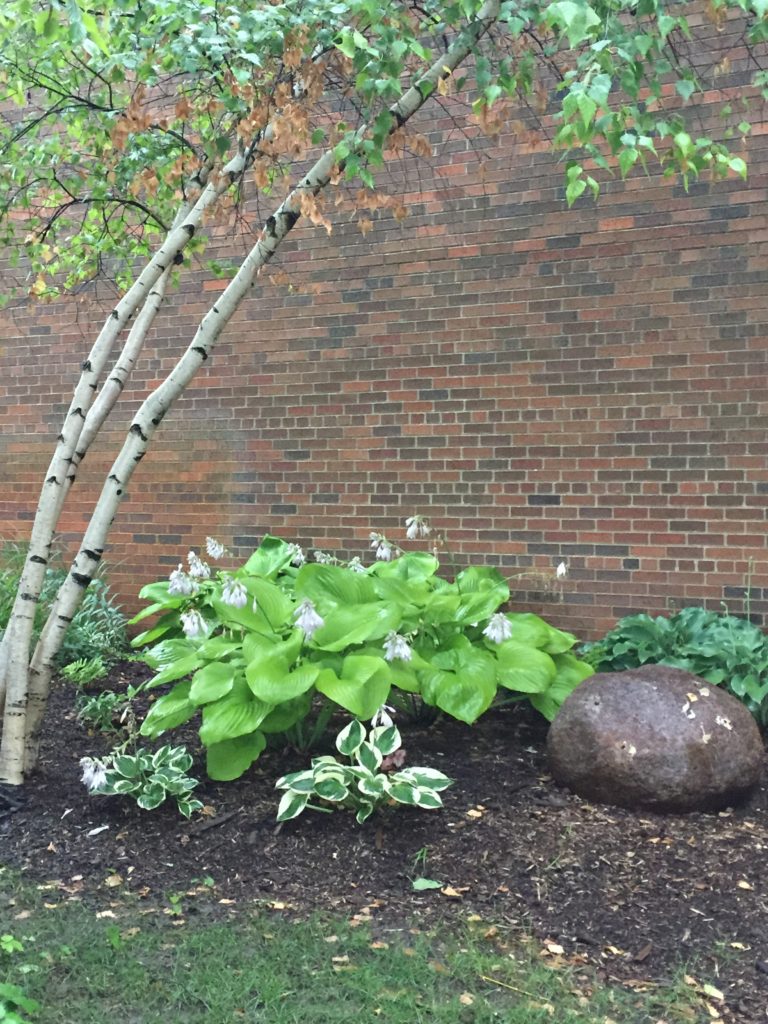
This year, more than 400 sonnets were submitted from poets from all over–many from the Mississippi River region, many from across the U.S., and each year more and more from abroad–this year submissions were received from nine countries outside the United States.
If you click on the link above, you’ll find a list of winning sonnets as well as poets’ names and home towns. I was quite surprised — and very pleased! — to learn that one of my own submitted sonnets, “Zebras in Sunlight,” is in the list. I was very pleased (and not at all surprised) that a fine sonnet by a poet-friend, Scott Lowery, was in the highest winners’ circle!
As an aside, I have realized that since the time I first learned of this sonnet showcase in 2013, I have truly begun to “think in sonnets.” I have written poems in this form for many years now and then, but I just did a loose count and realized that in the past six years I have written more than 100 new sonnets. I know for certain this would not have happened without this annual nudge from my friends in Winona. Thank you!
But I digress! The prelude to the event was music by the ensemble, Flutistry. This group of five flutists–Janet Heukeshoven, Heidi Bryant, Arlene Boll, Lisa Ramsey and Amanda Wenzel–wove the sonic spell that prepared us all for the music of the sonnets to come. Their program for the day ranged from a composition by William Byrd–a contemporary of William Shakespeare–to more modern works. All were rendered with verve and panache, as you can sense from the inset video clip, primitive though my videography skills are.
Valsette, J. Anderson
Ashokan Farewell, Jay Ungar
Mississippi Rag, W.H. Krell
Earl of Oxford's Marche, William Byrd
Fascinating Rhythm, George Gershwin
Summertime, George Gershwin
After the music, everyone headed in to the theater.
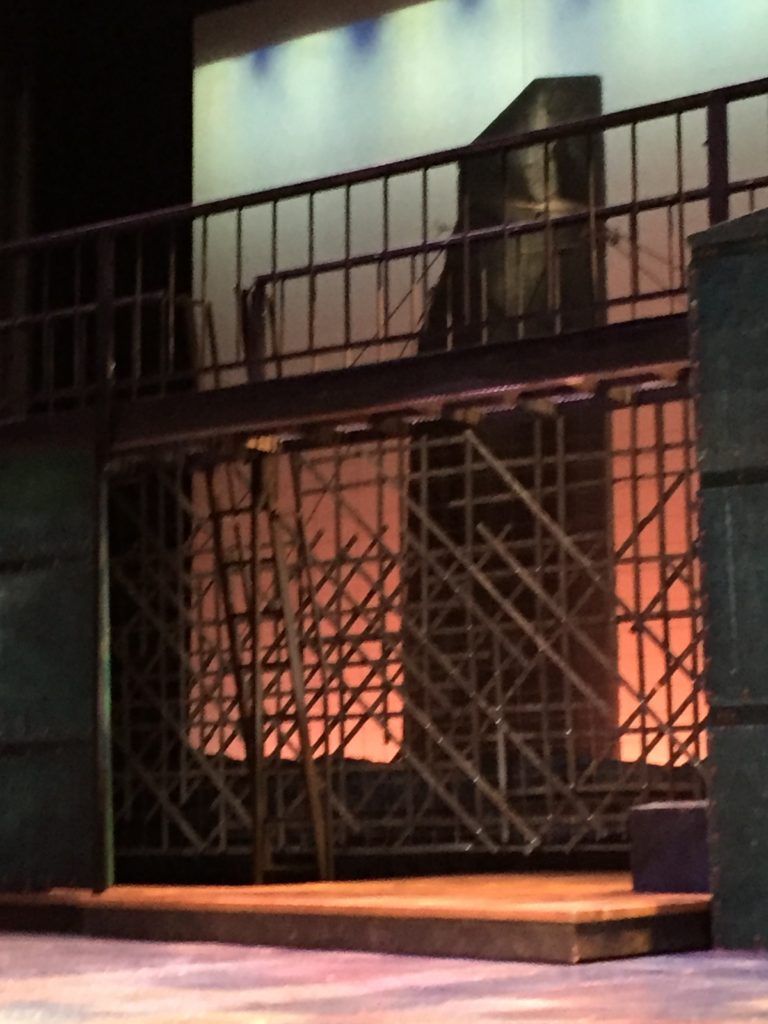
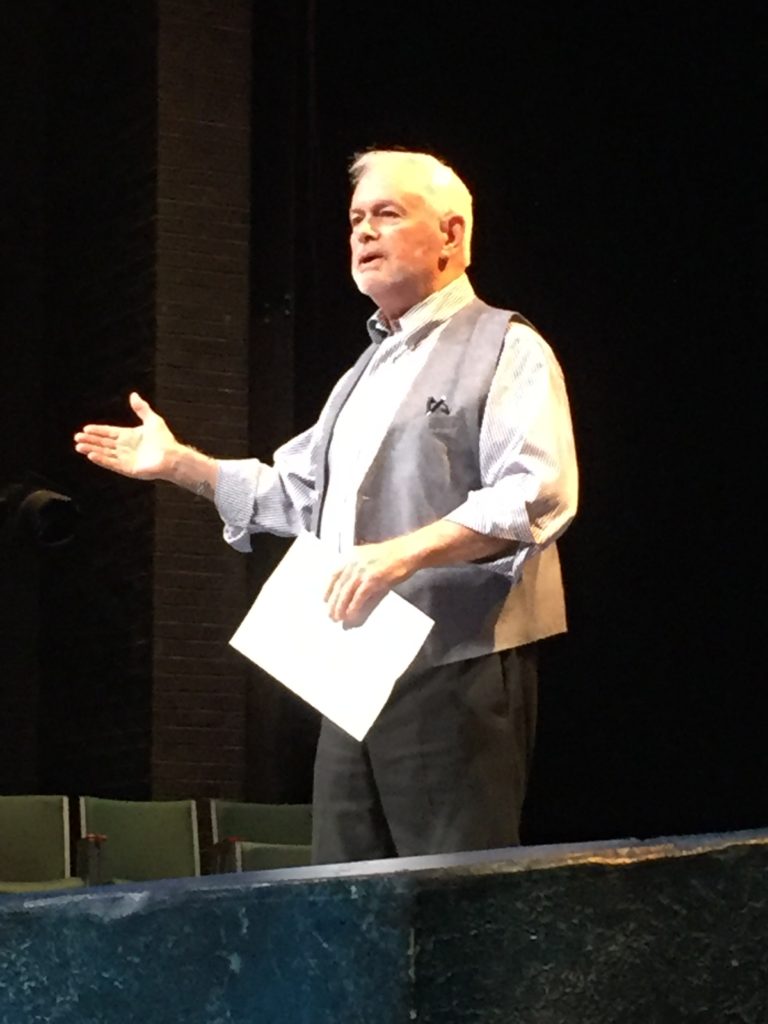
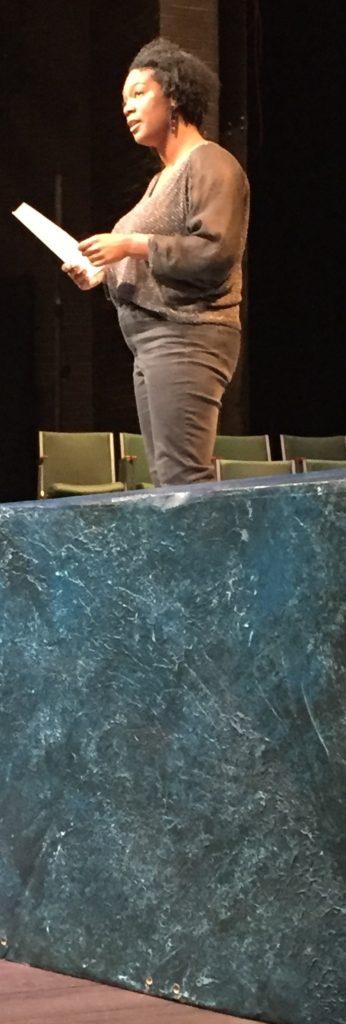
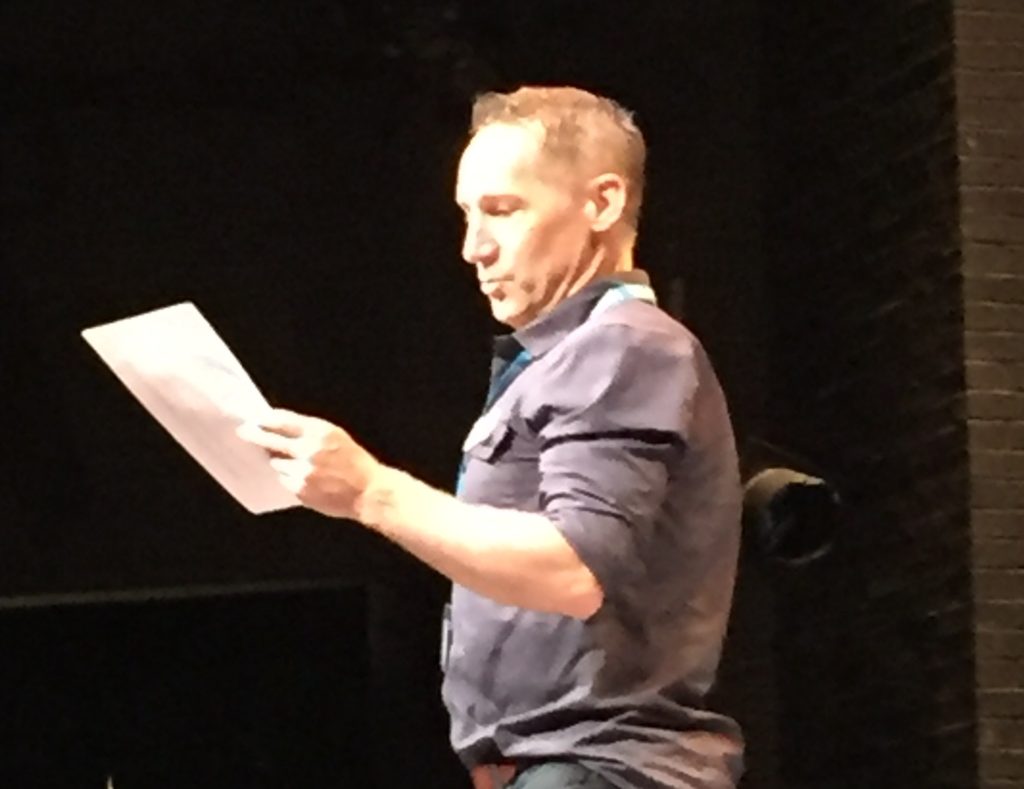
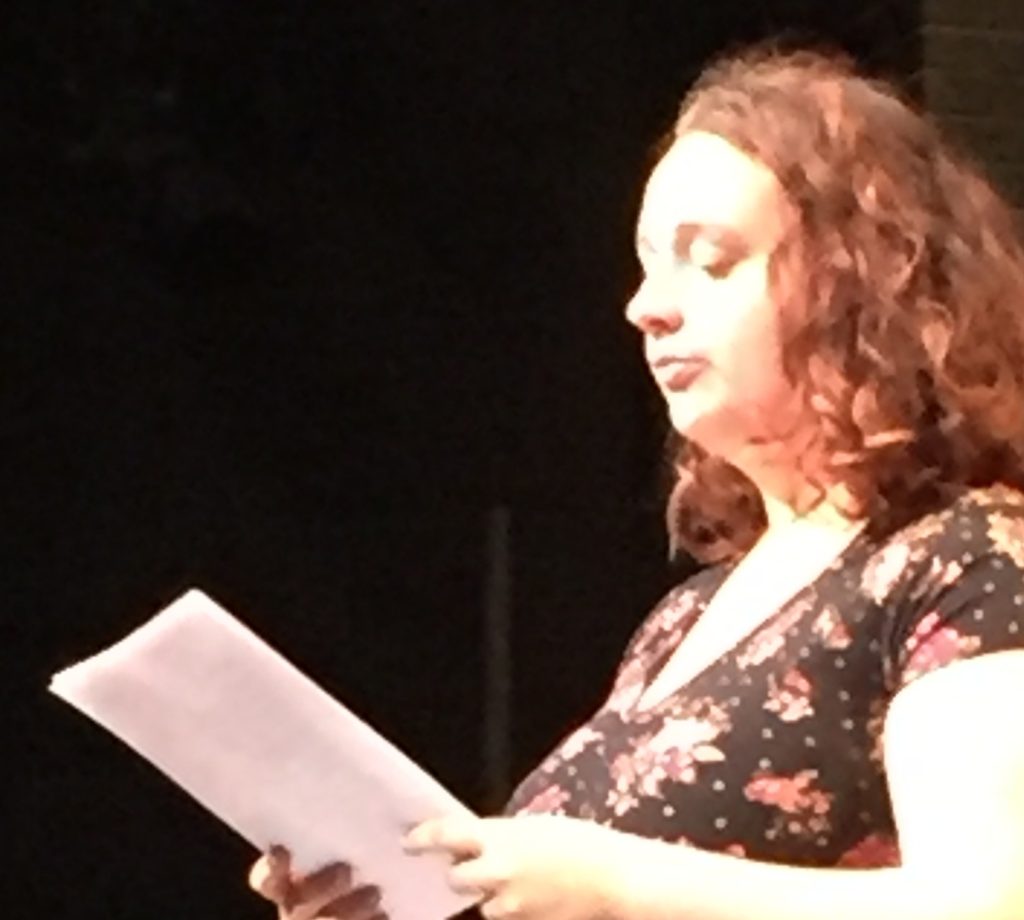
Many thanks to all the people who have made this event a summertime essential for so many of us: present and past Winona Poet Laureates Ken McCullough, Emilio DeGrazia, and James Armstrong; readers from the GRSF acting company, including Artistic Director Doug Scholz-Carlson; Heidi Bryant, webmaster; the musicians of Flutistry; the hundreds of poets who submit work each year; and especially Ted Haaland, who supports this annual celebration of new poetry as a living memorial to his beloved late wife, Maria W. Faust.
LESLIE
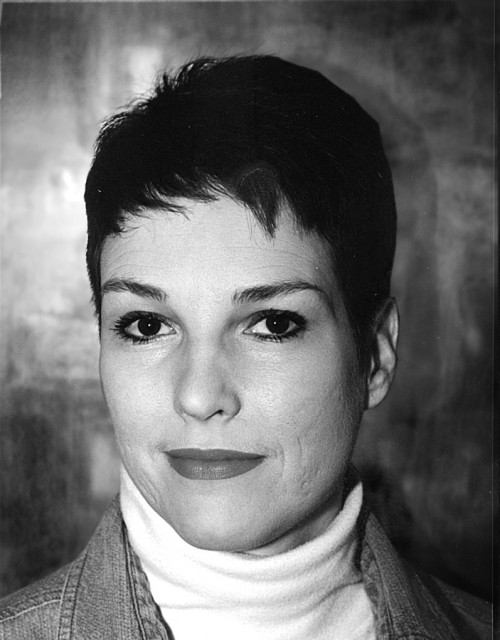
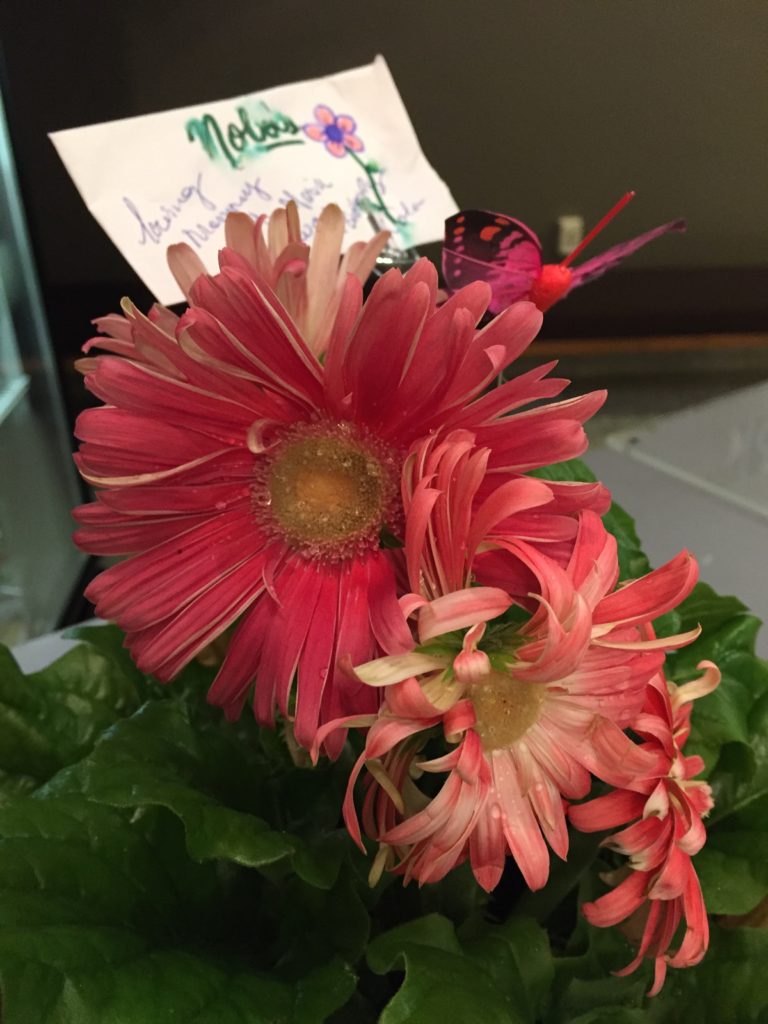
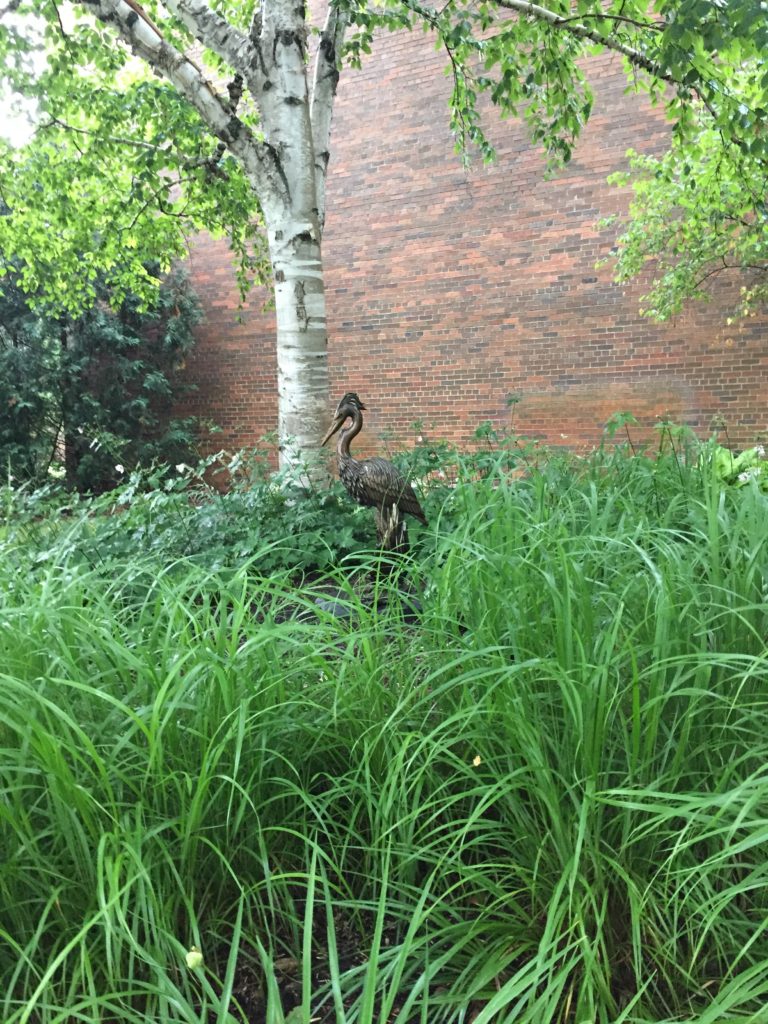
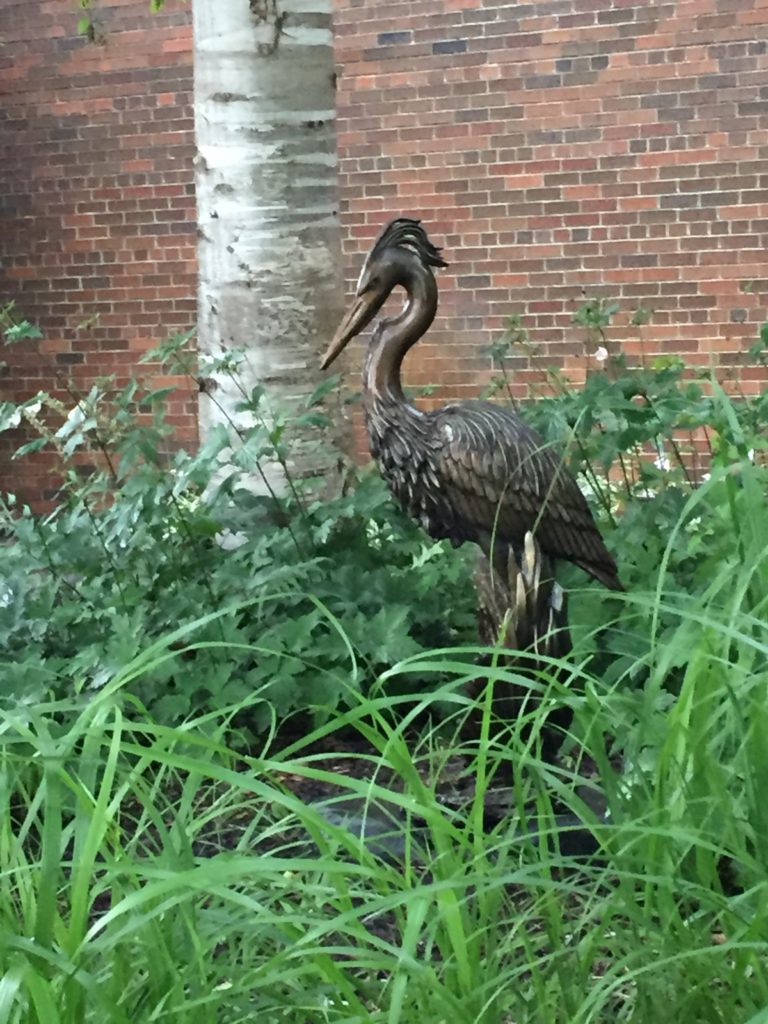
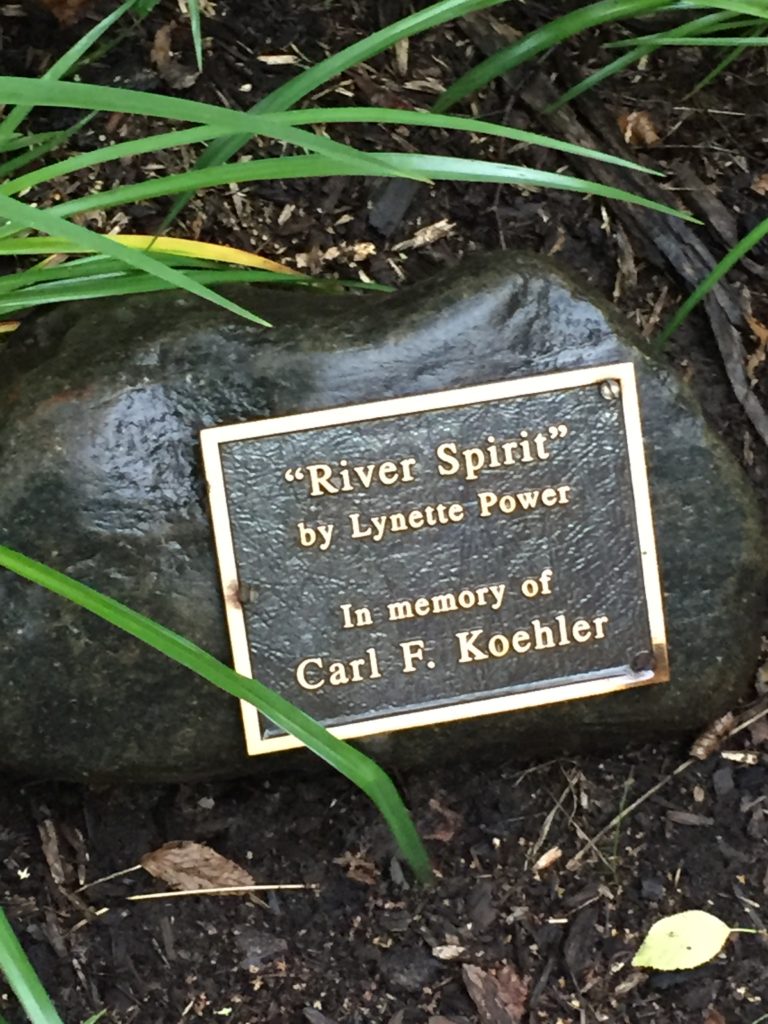
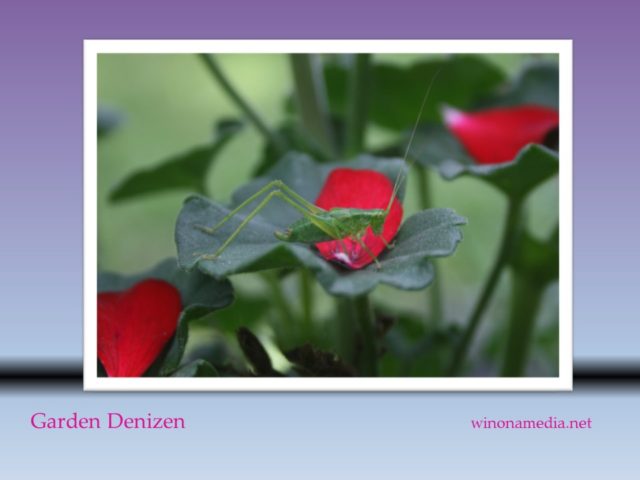
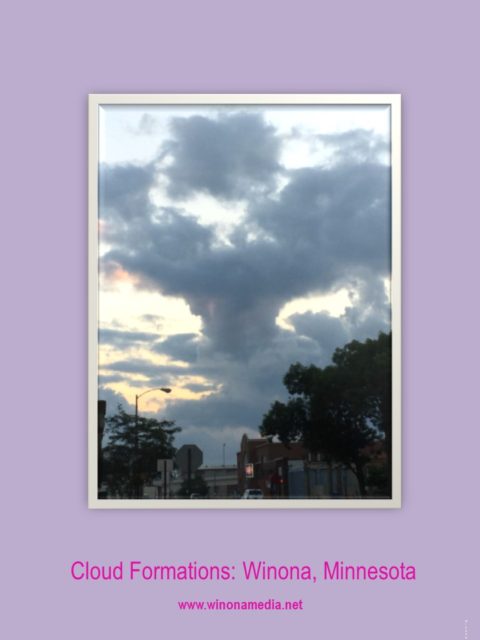
The Summer 2019 issue of Third Wednesday is out now, and it is again full of the depth and variety for which it is known.
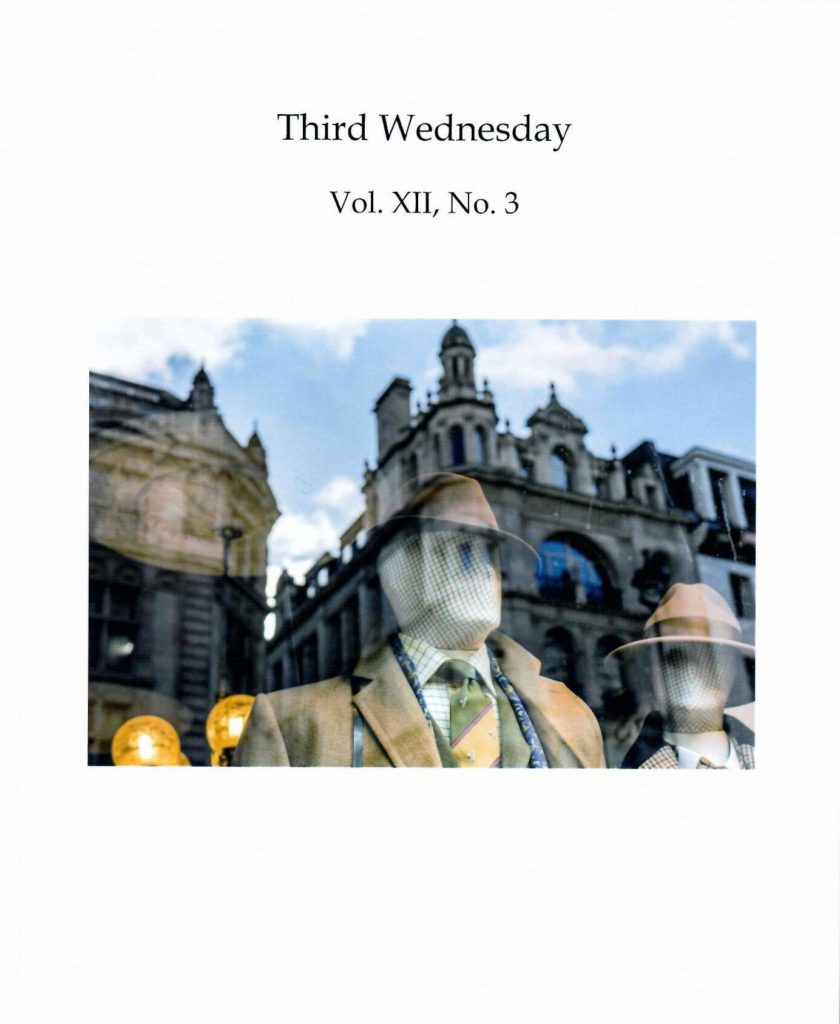
I was delighted by the elegantly icy concrete (or shaped) poem by Northfield’s own Rob Hardy titled “Icicles,” and I was intrigued by a four-sonnet sequence by Jennifer A. McGowan, the feature poet for this issue who is based in the U.K.
And–because I had submitted to their third “One-Sentence Poetry Contest”–I was especially interested to read the winning entries. My submission did not win, but I would not have written it without the impetus of the contest. It sprang from a childhood memory, discussing Shakespeare, very briefly, with my computer-scientist father. I was honored that Third Wednesday included it in their group of “considerable merit.”
As I have come to expect, this issue has me thinking outside my usual boxes about poetry, prose, and images. Just to share a bit of that, here are some of my favorite classic poems–quite different poets, subjects, moods, and diction–that I am now viewing through the lens of one-sentence construction–why didn’t I notice this aspect before?
“The Snow Man” by Wallace Stevens
“The New Dog” by Linda Pastan
“The Red Wheelbarrow” by William Carlos Williams (shorter than some modern tweets)
“Bright star, would I were steadfast…” by John Keats (a bravura one-sentence performance arcing out over the fourteen lines of a Shakespearean sonnet!)
Now, I suspect, I will look for that single full-stop–in terms of sense and punctuation–as I read the work of others. I know that I shall be consciously considering the limits of the sentence as I construct new poems.
Do you have a favorite one-sentence poem? If so, please let me know! If not, do consider trying your hand at one this summer!
Happy summer reading!
Happy Summer writing!
